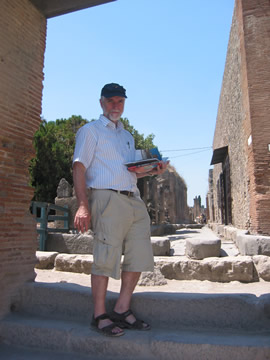Photo of Dr. Timothy Killeen, Assistant Director for the Geosciences at the National Science Foundation
Click on image for full size
Image Courtesy of Roberta Johnson
Dr. Timothy Killeen
Dr. Timothy Killeen, Assistant Director for the Geosciences, National Science Foundation (NSF)
Tim was appointed NSF’s Assistant Director for the Geosciences in July 2008. In this role, he oversees the Geosciences Directorate (GEO), which supports research in the atmospheric, earth and ocean sciences including climate processes and changes, the water cycle, and natural disasters such as earthquakes, tsunamis and severe storms.
Prior to this appointment, he served as director of the National Center for Atmospheric Research (NCAR) since 2000. Before that, he was Professor of Atmospheric, Oceanic and Space Sciences, Associate Vice President for Research, and Director of the Space Physics Research Laboratory at the University of Michigan. He has held leadership roles in the geosciences for many years, including chairing numerous national committees and advisory panels. He served as president of the American Geophysical Union from 2006-2008, and is a member of the National Academy of Engineering. His research interest is in satellite measurements and modeling of the upper atmosphere. He holds a doctorate in atomic and molecular physics and a B.S. from University College London.
Tim is married, and is the father of three wonderful kids!
You might also be interested in:

Climate puzzle pieces are hidden in many obscure places around the globe including in the ocean sediments that have accumulated over recent and distant past. Removing these treasure latent cores from the
...more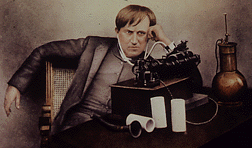
Thomas Edison was an American inventor who lived between 1847-1931. He is most famous for inventing the light bulb, which produced light using electricity. But during his life, Edison patented over a
...more
Williamina Paton Stevens Fleming was a Scottish-American astronomer who lived from 1857-1911. She discovered 10 of the 24 novae then known. Novae are stars that suddenly become very bright then fade over
...more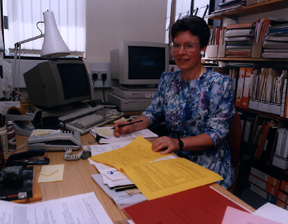
Jocelyn Bell Burnell is a British astronomer who was born in 1943. She discovered pulsars in 1967. Pulsars are stars that send out radio waves at even intervals of time, for example, one every second.
...more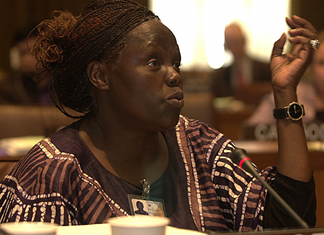
In Africa, trees are being cut down. This means that forests are destroyed. Scientist Wangari Maathai works to stop the destruction of forests in Kenya and in other places in Africa. She doesn’t stop the
...more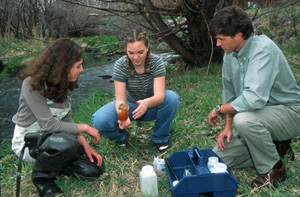
Being a scientist is fun. You get to do experiments and think of reasons why things might be happening a certain way. Being a scientist is also hard work. After a scientist comes up with a reason why something
...more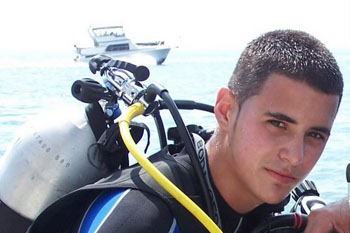
Since I can remember, I have always been wet. And the sound of the ocean has always softened me immensely and at the same time wakened me for new adventures. As the only boy in my family, my dad was my
...more


